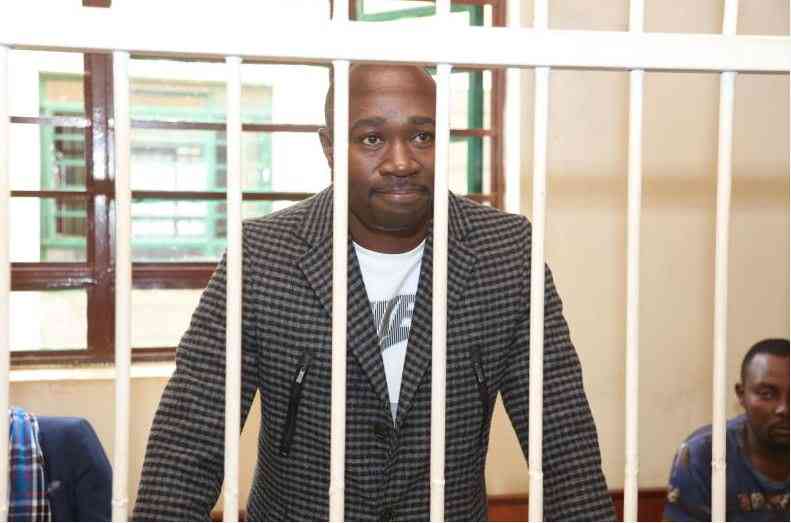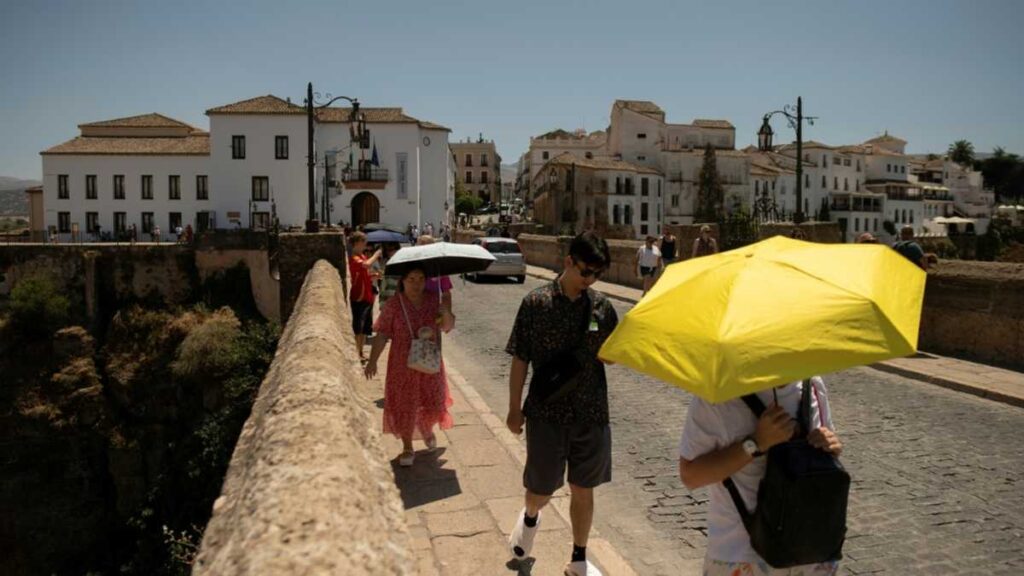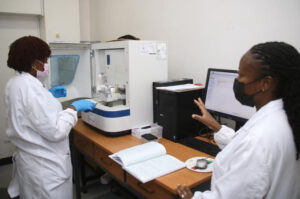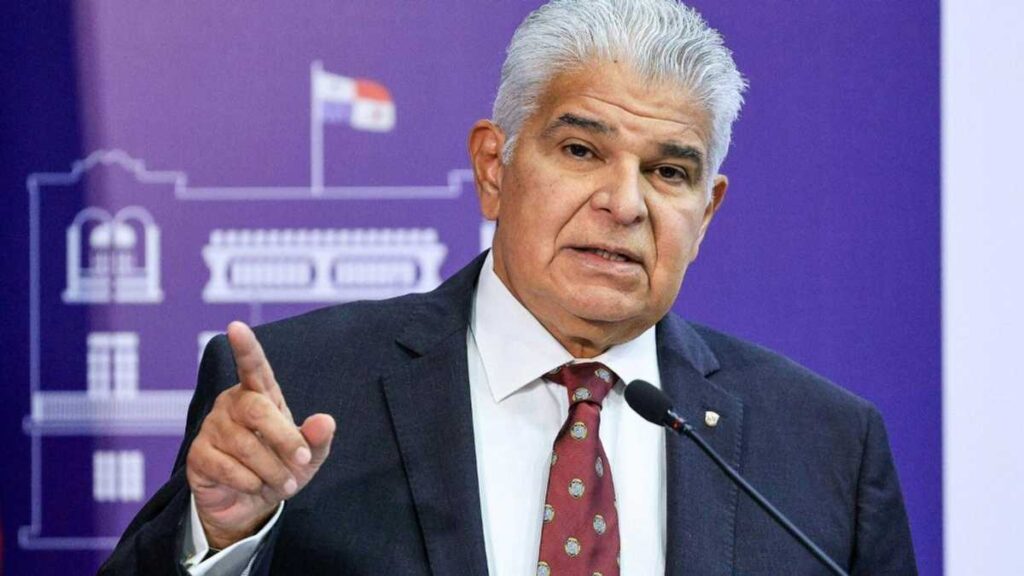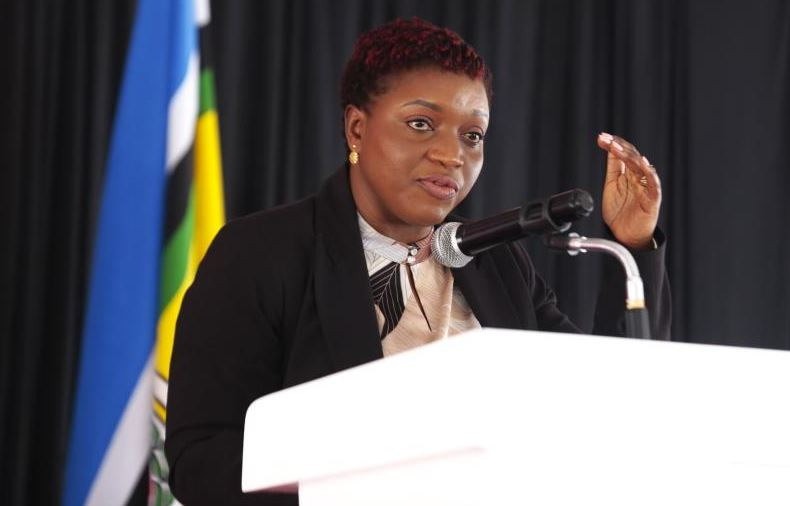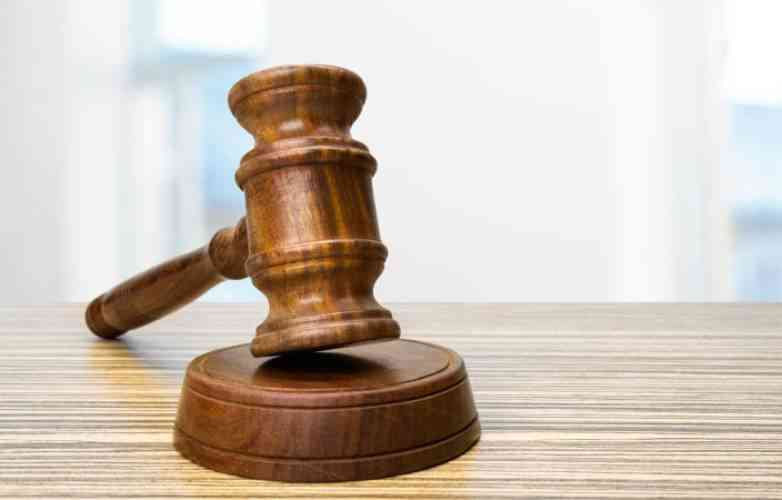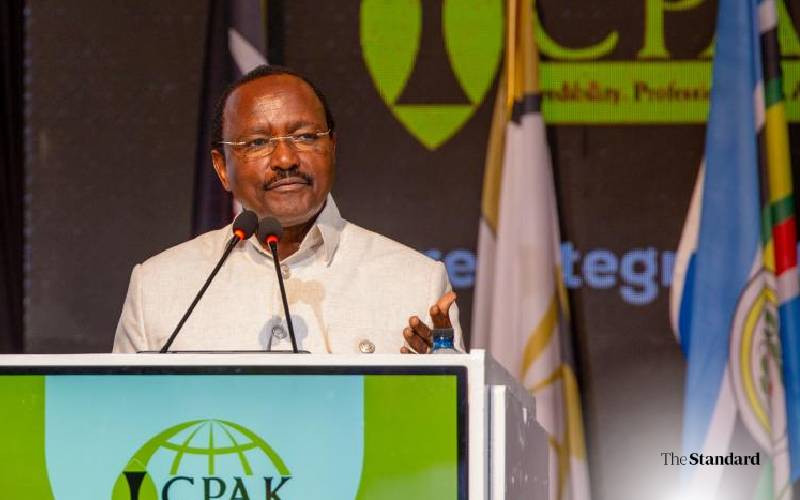‘Misuse of POTA’: MP Mukunji, Journalist challenge state’s ‘abuse’ of anti-terror law
Manyatta Constituency Member of Parliament John Mukunji, journalist James Mbochi, and Democracy for the Citizens Party (DCP) youth leader James Wanjiru have sued the Director of Public Prosecutions, Inspector General of Police, and Director of Criminal Investigations seeking to quash terror charges against them.
In the case filed before High Court Judge Bahati Mwamuye on Tuesday, Mukunji, Mbochi, and Wanjiru accused DPP Renson Ingonga, Inspector General of Police Douglas Kanja, and the DCI Director Mohammed Amin of abusing the Prevention of Terrorism Act, 2012, and the illegal use of the criminal justice system to silence those against the government.
Their lawyer, Patrick Kung’u, argued that the politician, the journalist working for the Royal Media Services (RMS), and the youth leader were illegally detained and presented before the Kahawa Law Courts with trumped-up charges.
According to him, the arrests and presentation to Kahawa are a deliberate misapplication of POTA. He stated that the particulars of the charges have no connection to terrorism.
“This sudden weaponisation of a specialised Act of Parliament to charge protesters or persons perceived to be anti-government has sparked nationwide anger against the misuse of the said specialised Act that is meant to charge actual terrorists,” argued Kung’u.
Kung’u said that the DPP, IG, and the DCI had violated his clients’ rights to liberty, dignity, expression, and a fair trial.
He asserted that the trio have misused anti-terror legislation against protesters, politicians, and journalists.
He stated that terrorism is a scourge that has haunted Kenya, with the 1998 bombing of the US Embassy orchestrated by the Al-Qaeda terrorist organisation being the most significant single terrorist attack.
He added that there have also been the 2002 Kikambala bombing, Westgate Mall attack, the Garissa University College attack, and the Dusit Hotel attack, among others, which left hundreds of innocent Kenyans dead and scores injured.
“The said attacks left a stain on our collective national memory such that if the word terrorism is mentioned, those attacks come to mind,” said Kung’u.
He argued that POTA was enacted with terrorist attacks in mind and not to clamp down on political dissidents.
The lawyer further said that the issue of misuse arose during the debate, adding that the Suppression of Terrorism Bill, 2003, and Anti-Terrorism Bill, 2006, never made it to enactment over fears of abuse.
According to Kung’u, the 2012 law was passed with assurance from former Internal Security Minister Katoo Ole Metito that although it had similarities with the 2003 and 2006 laws, judicial oversight would prevent abuses.
Stay informed. Subscribe to our newsletter
He argued that the Kenya Kwanza government is now illegally applying POTA, similar to the use of the Preservation of Public Security Act and Penal Code by former governments to silence dissent. Kung’u said that among those who suffered in the run-up to the second liberation included Kenya’s first Chief Justice under the 2010 Constitution, Willy Mutunga.
“Weaponising the Prevention of Terrorism Act 2012 for purposes other than charging persons suspected of engaging in actual terrorism is a spit on the graves of those who died from actual terrorist attacks, and an insult to the thousands of survivors,” said Kung’u.
He said that the 25 June 2025 protests and 7 July 2025 protests were organic, hence, are exempted by Section 2 of POTA. He said that the application of the anti-terrorism law was motivated by political conspiracies, despite the same carrying serious ramifications on young men and women who were charged.
“Having the respondents be allowed to prefer charges under the Prevention of Terrorism Act 2012 against the petitioners or applicants would have serious ramifications on them even if not convicted, which include facing restrictions on their ability to travel both locally and internationally, and the risk of international sanctions further restricting movement and financial transactions,” he argued.
In his supporting affidavit, Mukunji said that despite clinching the parliamentary seat under the United Democratic Alliance (UDA), he does not shy away from criticising the government whenever it goes astray.
He claimed that when he was arrested, he was detained at Kibii Police Station, but the officers denied that he was there when his siblings, friends, and lawyers asked about his whereabouts.
Mukunji argued that the terror charges have ruined his reputation as people perceive that he has joined Al-Shabaab.
“I have already received questions from my constituents who are asking why I joined Al-Shabaab, which is a designated terrorist organisation based in neighbouring Somalia and which has rained terror on Kenya,” claimed Mukunji.
He is seeking to have the charges quashed and the government forced to compensate those who have been charged under POTA.
“I believe that my arrest and intended charging is politically motivated, as I first heard of a plot to have me arrested from the 2nd Deputy President of Kenya, Hon. Rigathi Gachagua, who on 5 July 2025 at a function in Nyeri, while cautioning me and other elected leaders allied to him, revealed that he had received credible information of my planned arrest,” the MP said.








